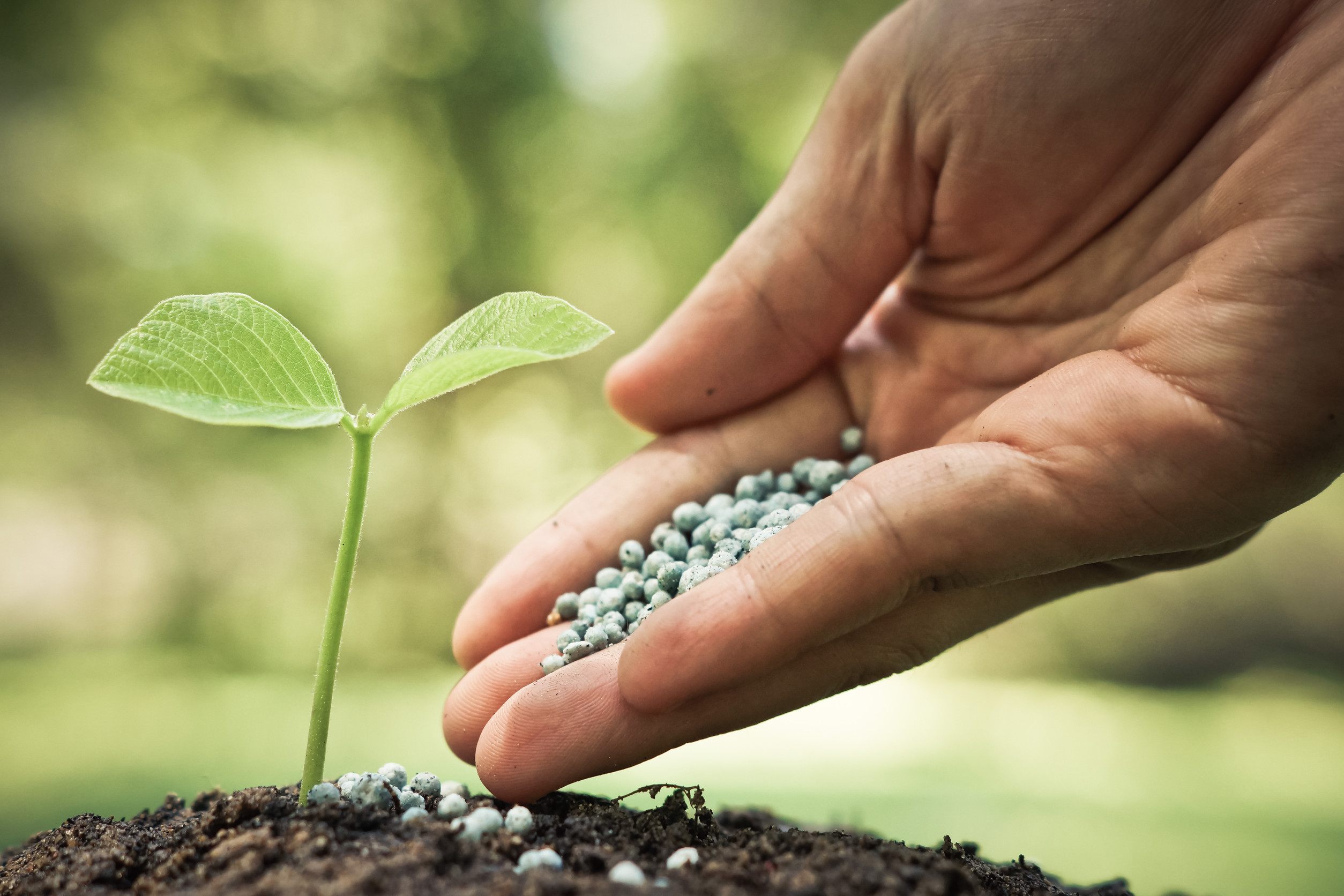
Image Source: 123rf.com
Is your fertilizer a health risk? Gardeners often reach for “natural” fertilizers, thinking they’re automatically safe. After all, if it’s organic or homemade, how harmful could it be? But just because something comes from nature doesn’t mean it’s safe. In fact, some fertilizers labeled as natural can trigger health issues for people and pets, especially when used improperly. Here are seven so-called natural fertilizers that may cause more harm than good if you’re not careful.
1. Manure and Composted Animal Waste
Manure is one of the most popular natural fertilizers by far, but it can still be harmful. Fresh or poorly composted manure may contain harmful bacteria like E. coli or Salmonella. These bacteria can contaminate garden crops and make you sick. Inhaling dust while spreading it can irritate the lungs, particularly for people with asthma. Pets and small children are at greater risk because they might come into direct contact with contaminated soil. When handled and composted correctly, manure is pretty safe. But you’ll always want to use gloves.
2. Bone Meal
Bone meal, made from ground animal bones, is often marketed as a safe, natural source of phosphorus. This is great for plants. However, inhaling the dust can lead to respiratory irritation. Pets, especially dogs, may be drawn to its smell and could suffer digestive blockages or poisoning if they ingest it. Always wear a mask when handling bone meal and keep it stored securely away from animals.
3. Blood Meal
Blood meal is praised for being a nitrogen-rich soil booster, but it’s not without risks. The fine powder can cause severe irritation if inhaled or accidentally ingested. It may also trigger asthma attacks or allergic reactions in sensitive individuals. For pets, consuming blood meal can result in vomiting and diarrhea. Boosting leafy growth with blood meal may come at a cost.
4. Fish Emulsion
Fish emulsion is a liquid fertilizer made from decomposed fish parts. Its strong natural odor can attract rodents, raccoons, and even neighborhood pets who might dig up your garden. If spilled or splashed, it can leave behind a lingering smell that’s hard to remove.
5. Wood Ash
Many gardeners sprinkle wood ash onto their soil as a cheap, natural potassium source. It usually runs $10–$20 for a 10–20 lbs. bag. While it can raise soil pH, it also contains lye compounds that can cause chemical burns if it comes into contact with skin or eyes. Breathing in ash dust may lead to respiratory irritation, particularly in children and those with existing conditions. Too much ash can also create dangerously alkaline soil, which harms plants rather than helping them. Gloves, masks, and moderation are essential when using this material. Otherwise, it is very dangerous.
6. Seaweed and Kelp Products
Seaweed-based fertilizers are marketed as all-natural growth boosters, but not all are free from contaminants. It really depends on how and where the seaweed or kelp is harvested. Some may contain heavy metals like arsenic or cadmium. If the soil is contaminated, eating food from your garden can have harmful effects. Some liquid seaweed fertilizers are highly concentrated as well. So, direct skin contact can lead to irritation. Always verify sourcing and use only reputable, tested products.
7. Homemade Compost Teas
Compost teas are popular among gardeners on a budget. But brewing them incorrectly can create dangerous bacteria. Without proper aeration and temperature control, pathogens like E. coli can thrive in the liquid. Even handling the tea with bare hands poses a hazard if open cuts are exposed. To stay safe, compost teas should be brewed carefully and never consumed by humans or pets.
Fertilizing With Care
Natural fertilizers can improve your garden, but they’re not automatically harmless. Many of these substances carry risks that range from skin irritation to illness. Using gloves, masks, and safe storage practices is essential, especially in homes with children or pets. “Organic” should never mean careless. Awareness and caution protect both your harvest and your health. Before spreading any fertilizer, make sure you know exactly what’s in it and how it could affect your household.
You May Also Like…
- 6 Climbing Plants That Are Quietly Damaging Your Siding
- 10 Gardening Habits That Are Actually Destroying Your Soil
- 9 Surprising Reasons You’re Seeing More Dead Patches of Grass
- 8 Outdoor Projects That Could Void Your Home Insurance
- 5 Things Growing in Your Yard That Could Get You Sued

Teri Monroe started her career in communications working for local government and nonprofits. Today, she is a freelance finance and lifestyle writer and small business owner. In her spare time, she loves golfing with her husband, taking her dog Milo on long walks, and playing pickleball with friends.
Leave a Reply